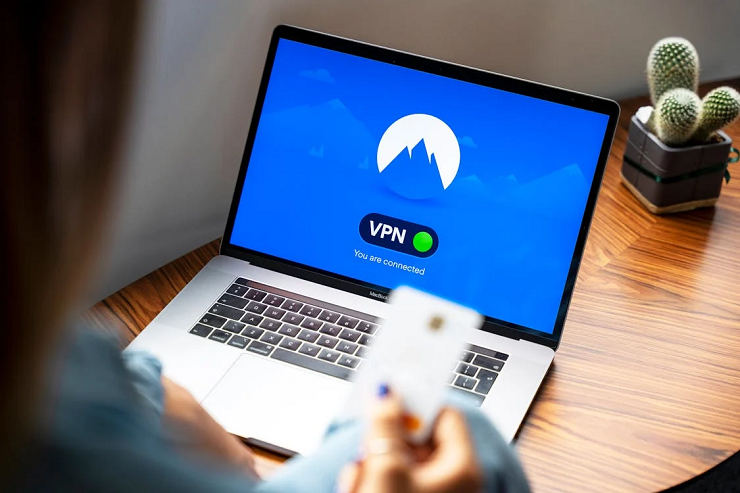

Internet usage is indeed helpful yet dangerous. Many people get into a scam trap and lose their vital or confidential information to a hacker or scammer. Initially, it was easy to identify scams. Still, now that fraudsters have become much more sophisticated, it has become difficult for a commoner to identify potential online scams.
Many types of scams include text messages, phone calls, and emails. If you open your inbox, messaging app, or phone call history, there must be at least one scam email/sms/phone call in a day. That means it is difficult to save yourself every day if you are unaware of recent ways to do online scams. Thus, read this blog until the end to learn the tricks to eliminate these scam calls/emails/messages.

First of all, you have to have an alert mindset. That means you should pay attention to all the elements of the email or text so you do not get trapped. Also, answer a call promptly; you may need to correct things and reveal information correctly.
As we said earlier, scammers have become more sophisticated. They may use the company/individual’s Identity so that you do the asked things.
Suppose you get an email from the company/individual asking for payments or other vital information. First, you must confirm from the sender’s verified number or email address.
If it is a scam, report the email address as a scam and further block it.
No doubt scammers have become professional in their work, but still, there are some signs through which you can identify if it’s a phishing email or text.
In the above email, it is tough for the receiver to identify that it is a scam. If you get such realistic emails, log in to the portal from the trusted URL and check if any scheme is running.
As you have noticed anytime earlier, all banks say very clearly that no banking official will ask for your banking information on the call, text, or email.
Therefore, getting a call asking for your banking information or identity proof information can reveal much other information to the caller. Cut the call immediately. Do not even converse with them.
Sometimes, they put a tracker on the call, which reveals many things about the person on the call. Cut the call immediately once you realize it is a phone call scam.
Banks and other officials only call from a public number. Nowadays, even telecallers call from official numbers that can be redialed. So if you get a call/message from a private number, do not say anything about yourself. Report the number (if it is visible).

If you get a call or text message, you smell something fishy. Check the number’s Identity online (search on Google). Moreover, many identities verifying software reveal a lot about the caller.
If you feel the caller is a scammer, ask as many questions as possible. At a certain point, they will get irritated and may confess their acts, or at least you will realize that they are fake. It is the most important trick to be learned.
A person always makes mistakes in a rush. If you get an email or text stating you need to act immediately. Do the opposite! Please read the entire content body and look for the abovementioned signs. If you suspect it is a phishing email or text, report the sender’s details now.
To stay alert and safe from online scams ensure you never reveal any information on the call before confirming that it’s a trusted source. Moreover, do not click on any link; it may install viruses in your system, and always be more careful if a browser warns you that the URL is not a trusted one.

I’m a Nerd and very proud of it! I love to write about anything Tech related. Subscribe to our blog for helpful tips, tricks & news.




